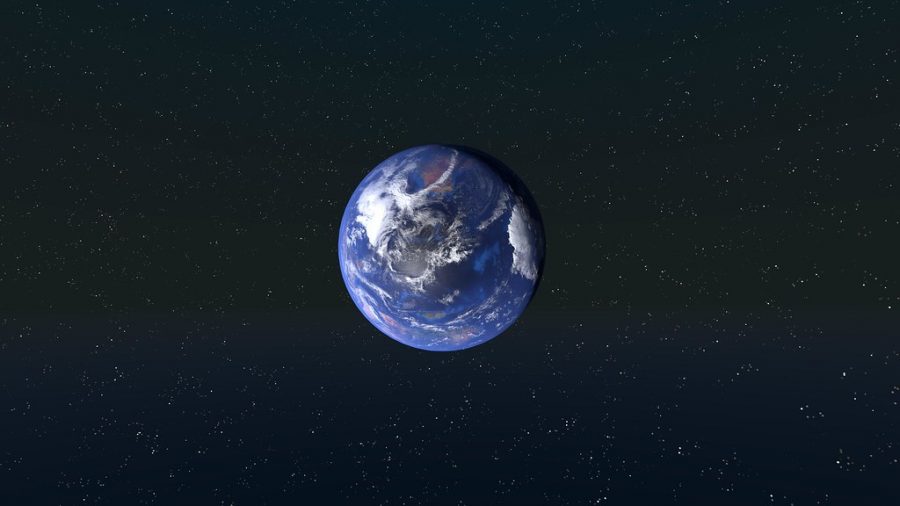Why Overpopulation Is Not An Issue
December 11, 2019
Overpopulation has been a concern throughout all of history and civilizations. It has been the cause of many instances of mass migrations and expansions. The world’s population has always grown slowly but consistently. It has also been kept in check by famine, disease, and war. However, the industrial revolution improved technology so much that famine and disease weren’t that large of a problem anymore. The industrial revolution caused a huge explosion in the world’s population, and within the 20th century the human population grew by about 4.35 billion people. Whereas the world didn’t reach 1 billion until about the year 1800. The world population has been at 7 billion people since 2011. In 2019 the world’s population has been around 7.7 billion people. Some experts in the UN expect our species to reach 8 billion by around 2023, 9 billion by 2050, and 10 billion by 2100. Due to these statistics, a question arises: When will we be too many? Many speculate on when that is and some think that we are already too many, but nobody can be sure. However, some of these experts think that our population will eventually peak, and then actually start to decrease. If the trend of declining birth rates continues, then this may turn out to be true. In some places across Europe, Asia, and North America birth rates have started to fall below replacement levels. In other words, these countries will start to lose population in the long run. These countries also happen to be first world countries, where people are putting more of their time and energy towards their career than starting a family. According to a study done by Chicago University, more than half of young adults in the United States are single. This is a huge part of why populations could decrease, many are not seeking romantic partners and are instead seeking to pursue a career or higher education. On the other hand, generally poorer countries around the globe are still experiencing birth rates well above replacement levels, and thus they are still seeing a growth in their population. Perhaps all of the panic throughout history has been unfounded. Perhaps we don’t all need to become vegetarian and eat insects to sustain our population. In fact, if declining birth rates continue to fall worldwide, we may have to worry about our species’ extinction rather than overpopulation. The quality of life around the world has been increasing for decades. In countries with a high quality of life, the birth rates have been decreasing and has made the majority of the population older adults. If this trend continues, then the population of these places will decrease severely without immigration. According to UN population projections, the population of the European Union could decrease by almost 200 million people by 2100 if there is absolutely zero immigration. North America’s population could decrease by around 50 million by 2100 too. In terms of human history, the year 2100 is not all that far away. Maybe the population will stabilize and become consistent in the future. All of this means, that according to the United Nations, overpopulation is not going to be an issue in the future. In fact, we should be worried about depopulation instead.












